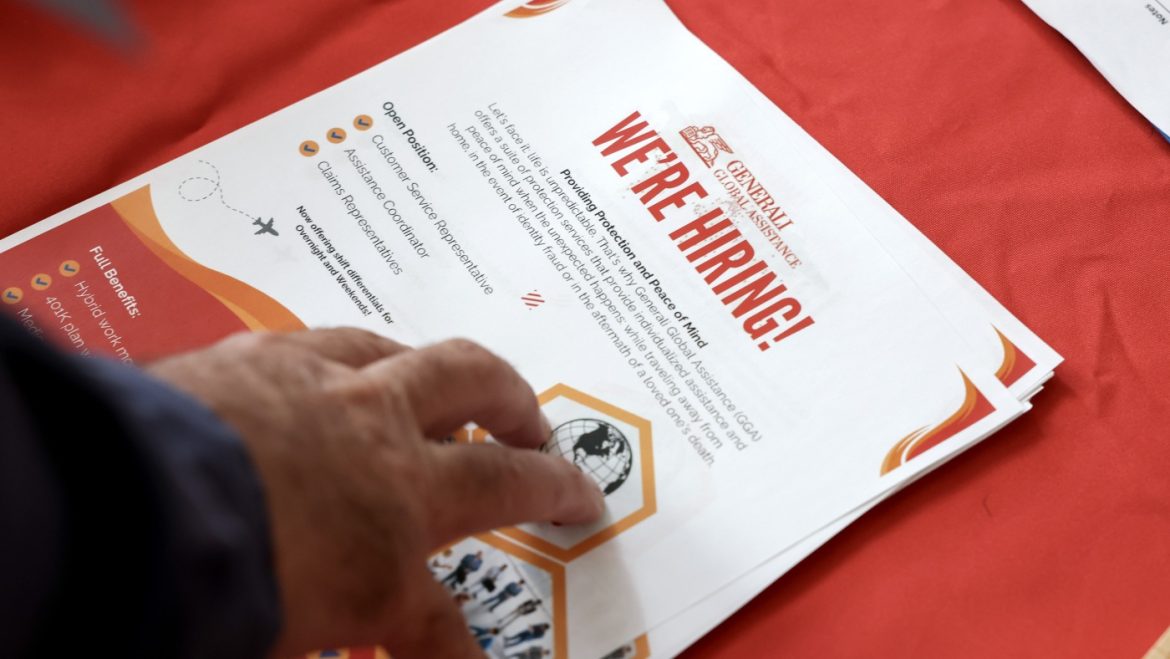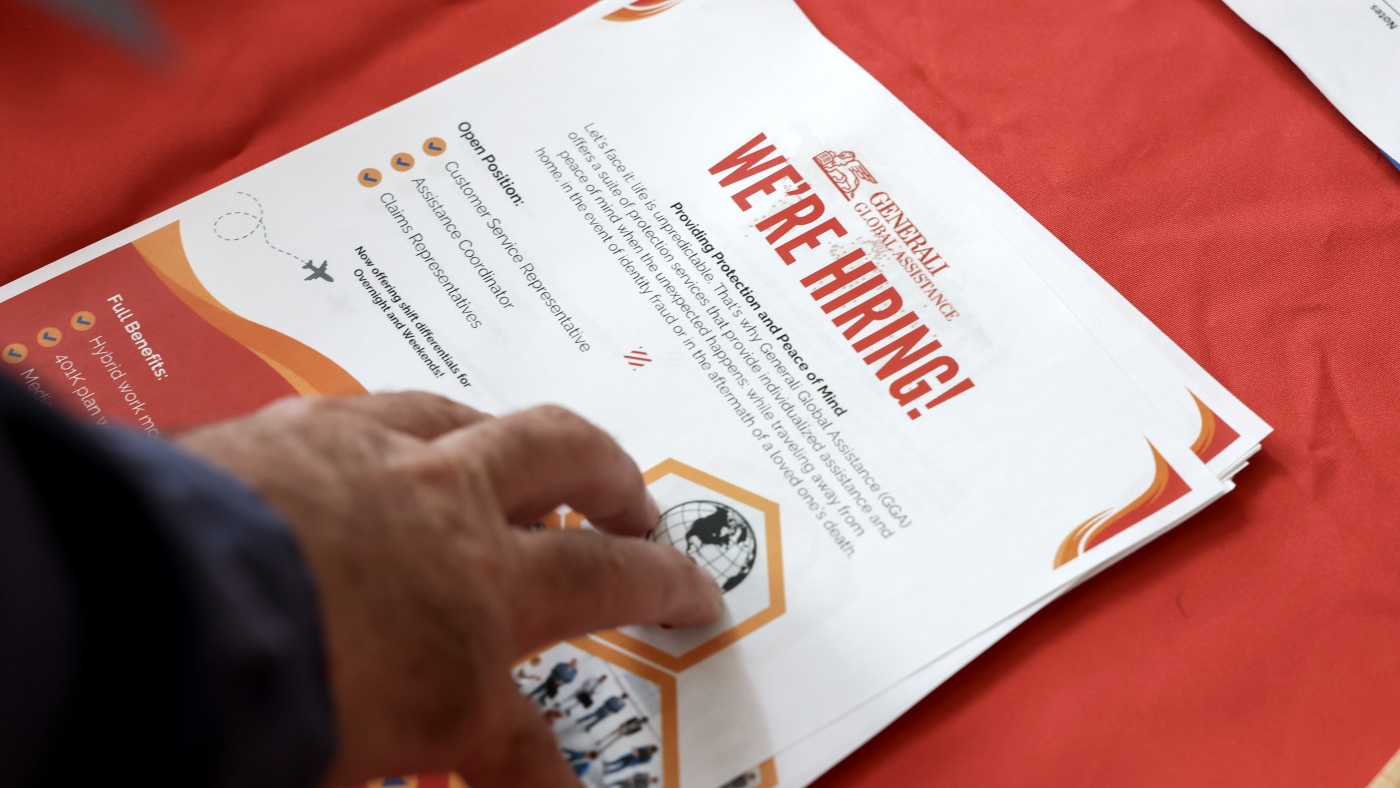The Impact of Trump’s Trade War on the U.S. Job Market
Introduction
The U.S. job market experienced a notable shift during the period of President Trump’s trade war. This analysis delves into the intricacies of how the trade policies implemented during this time affected employment rates, hiring practices, and the overall economic landscape. By examining various reports and data, we can gain a comprehensive understanding of the repercussions of these trade policies on the job market.
The Cooling of the Job Market
Job Growth and Unemployment Rates
In April, U.S. employers added 177,000 jobs, marking a modest slowdown from the previous month. The unemployment rate remained steady at 4.2%, indicating a relatively stable yet cautious economic environment. This period saw a significant deviation from the robust job growth experienced in the preceding years, particularly from 2021 to 2023. The job market, while not in decline, showed clear signs of cooling as the trade war intensified.
Job Openings and Hiring Trends
Job openings in the United States fell to 7.2 million in March, the lowest level since the onset of the trade war. This decline from 7.5 million in February and 8.1 million in March 2024 highlighted the growing uncertainty and its impact on employers’ hiring decisions. The reduction in job openings was a direct response to the economic uncertainty brought about by the trade policies, which made businesses more cautious about expanding their workforce.
The Economic Impact of Tariffs
Inflation and Interest Rates
The U.S. economy had largely withstood inflation and high-interest rates up to this point. However, the imposition of tariffs introduced new challenges. Tariffs were expected to bring about price increases, which in turn could dampen consumer spending and business investment. This scenario posed a significant risk to the job market, as higher prices and reduced spending could lead to a decrease in hiring.
Market Reactions and Economic Forecasts
The trade war triggered volatile market reactions, with stock prices experiencing significant fluctuations. The Russell 3000, a broad measure of the American stock market, saw sharp declines following the announcement of tariffs. This volatility reflected the market’s concern over the potential economic fallout from the trade policies. Economic forecasts from the International Monetary Fund (IMF) suggested that the trade war would slow down economic growth globally, further complicating the U.S. job market.
Business Responses and Hiring Plans
Scaling Back Hiring
A survey of chief financial officers revealed that one in four U.S. businesses had scaled back their hiring plans due to the trade war. This cautious approach was a direct result of the uncertainty and potential financial strain caused by tariffs. Businesses were reluctant to commit to new hires, preferring to wait and see how the trade policies would unfold before making significant investments in their workforce.
Sector-Specific Impacts
Certain sectors were more affected than others. For instance, the transportation and warehousing industries saw increased activity as companies prepared for potential disruptions in supply chains. Conversely, sectors heavily reliant on international trade, such as manufacturing, faced significant challenges. The construction industry also experienced fluctuations, with payrolls increasing as temperatures warmed up, but overall growth remained cautious.
Long-Term Implications
Economic Growth and Employment
Under a scenario where tariff rates were gradually reduced, the U.S. economy was projected to produce an additional $160 billion in real GDP over the next five years and employ an additional 145,000 people by 2025. This highlights the potential benefits of de-escalating the trade war and its positive impact on long-term economic growth and employment.
Global Economic Risks
The trade war between the U.S. and China posed profound risks, including the potential for a global recession. Economists warned that a prolonged trade war could plunge millions of people into poverty, underscoring the need for diplomatic solutions to mitigate these risks. The uncertainty and volatility caused by the trade war had far-reaching implications, affecting not just the U.S. but the global economy as well.
Conclusion
The Path Forward
The U.S. job market’s cooling during Trump’s trade war underscores the delicate balance between economic policies and their real-world impacts. While the job market showed resilience, the trade policies introduced significant challenges that affected hiring practices, economic growth, and market stability. As the trade war unfolded, businesses and consumers alike faced uncertainty, leading to cautious hiring and spending decisions. The long-term implications of these policies highlight the need for a balanced approach that considers both economic growth and global stability. Moving forward, it is crucial to learn from these experiences to navigate future economic challenges effectively. The resilience of the U.S. job market, despite the trade war’s pressures, offers a glimpse into its strength and adaptability. However, the path to sustained growth and stability will require thoughtful policy-making and a commitment to fostering a stable economic environment.


